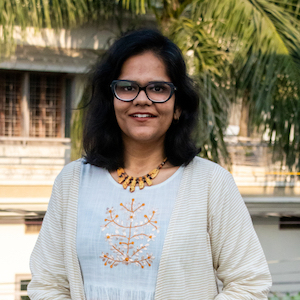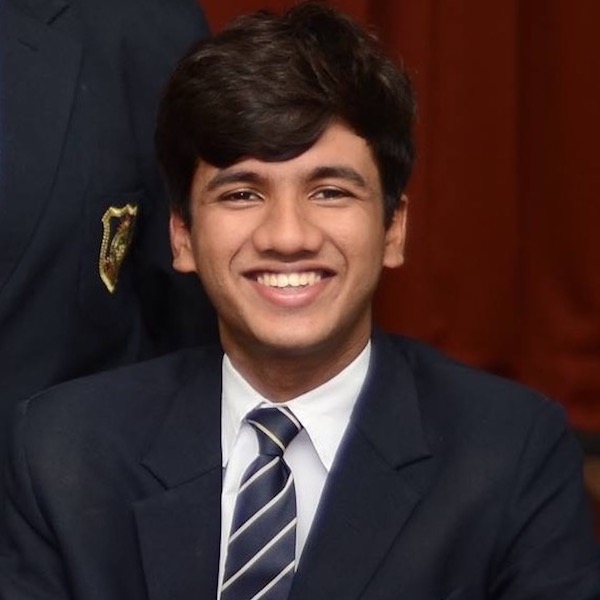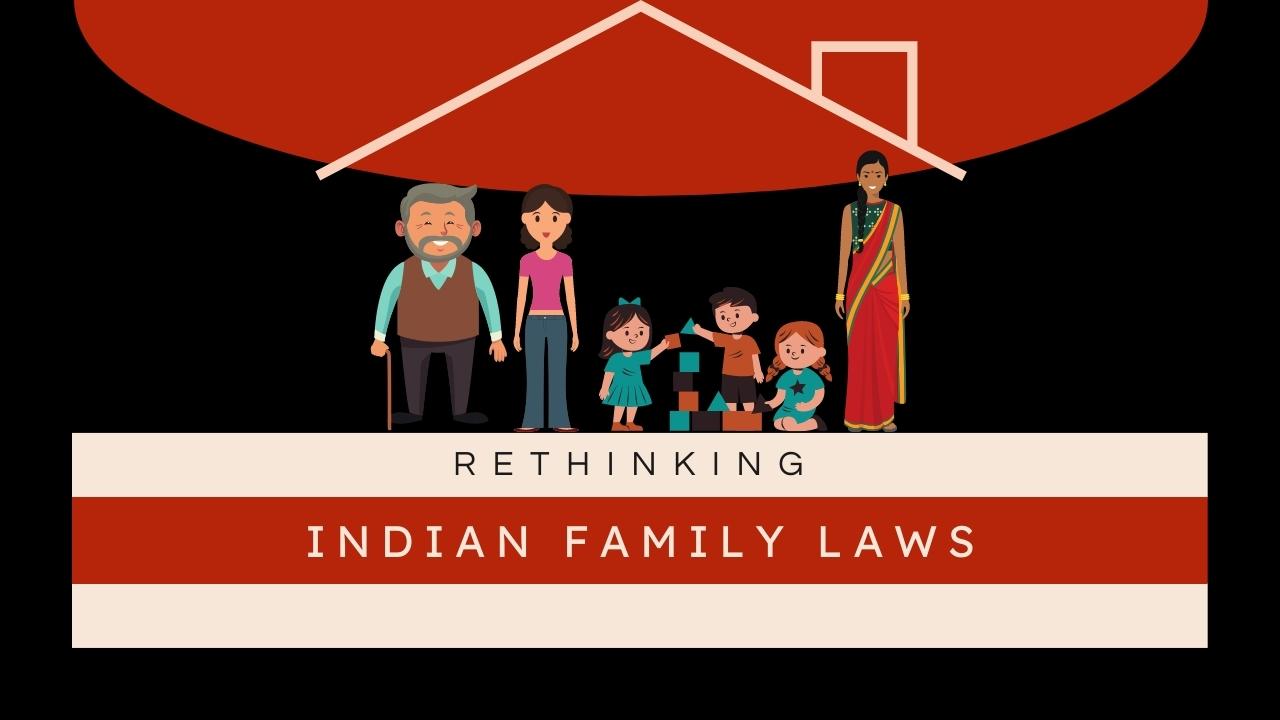In November, 2022 the Supreme Court of India started hearing the marriage equality matter to decide whether same sex/gender persons have a fundamental right to marry. While the issue before the Court was in relation to marriage, the hearings reveal that a recognition of a right to marry has to be accompanied by reform of family laws to make them inclusive of persons of all sexual orientations and gender identities. This is because family laws in India operate on the presumption that everyone is heterosexual and identifies within the binary of male or female gender. Consequently, a commitment to equality demands that the concept of family is expanded beyond the heterosexual marital unit.
Subsequently, in June of 2023, the 22nd Law Commission of India (‘LCI’) issued a public notice to solicit views on a Uniform Civil Code (‘UCC’). A large-scale rewriting of Indian family law has been the long-standing demand of the proponents of the UCC. The LCI’s announcement was met with a variety of responses. While some supported the idea of the UCC in principle, others argued that it would serve as a vehicle for erasing the cultural identities and rights of religious minorities and indigenous communities. Some opined that the decision to support or reject a UCC would boil down to its contents. In July, a draft UCC was submitted by the Uttarakhand UCC Committee to the State Government for consideration. It has been alluded that this draft may serve as a template for a nation-wide UCC. The contents of the draft Uttarakhand UCC are yet to be made public.
These recent developments demonstrate the importance for stakeholders to critically engage with the future of family laws in India. Despite the constitutional vision of equality, liberty and dignity, family laws in India continue to discriminate on the basis of sex, exclude queer persons, and fail to account for the plurality of family arrangements outside the heterosexual marital unit. Consequently, it is an opportune time to push for a progressive and inclusive family law code. A progressive family law reform exercise is not just necessary for queer inclusion and ending sex-based discrimination but to expand the concept of the family beyond its present understanding of family being defined by only blood, marriage and adoption. Such an exercise must be informed by constitutional principles, must recognise the plurality of families prevalent in India as well as their evolving nature, while being cognisant of the country’s social context.
In response to the marriage equality matter and the proposal for a UCC, the Vidhi Centre for Legal Policy (‘Vidhi’) has released a comprehensive and inclusive draft family law code (‘draft code’) for discussion and public consultation. This draft code is the first version of what a progressive, gender-just and inclusive family law code can look like. Such a draft code does not propose to serve as a majoritarian UCC and is instead informed by constitutional principles of equality, dignity and liberty. It provides for inclusion of persons of all gender identities and sexual orientations, does away with provisions that discriminate on the basis of sex, affirmatively protects rights of vulnerable parties in a family, and extends legal recognition to the plurality of family structures prevalent in India. The draft provides for legal recognition and regulation across three areas of family law: adult unions, parent-child relations, and succession. If you would like to participate in discussion and public consultations or have any other clarification of feedback on this draft code, please write to us here.
About the Authors

Ayushi Sharma
Ayushi is a Research Fellow in the Criminal Justice Reforms team at Vidhi. Prior to joining Vidhi, Ayushi worked at Nirma University as an Assistant Professor and National Forensic Sciences University, Gandhinagar as a Teaching and Research Associate. She has also worked with the Logistic Division, Ministry of Commerce and Industry, and advised on issues related to Maritime Regulatory Framework. Ayushi graduated from Rajiv Gandhi National University of Law, Punjab (RGNUL) in 2018 with a BA., LL. B (Hons.) and obtained her LLM degree in Constitutional and Administrative Laws from the Indian Law Institute, Delhi in 2019. She is currently pursuing her doctoral studies at National Law Institute University, Bhopal (NLIU) where her research is focused on violence against sexual minorities.

Kartavi Satyarthi
Kartavi is a research fellow working with the Legal Design and Regulation Team. She completed her B.Sc. LLB (Intellectual Property Hons.) from National Law University Jodhpur in 2018 and obtained her LLM degree from National University of Singapore in 2022. Prior to joining Vidhi, she also worked as a Legal Researcher at the Delhi High Court where she worked on matters ranging from service law and IPR disputes to constitutional law. Her research interests lie in the areas of access to justice, technology policy and digital divide, climate change policy and education. Kartavi also enjoys theatre, cinema and asian literature.

Mayuri Gupta
Mayuri is a Milon K Banerji Research Fellow at Charkha, Vidhi’s Constitutional Law Centre. Currently, she is pursuing a Ph.D from Gujarat National Law University. She obtained her LL.M in Constitutional and Administrative law from Gujarat National Law University in 2017 with a R B Mehta Gold Medal. She graduated with a B.A. LL.B. (Hons.) from Amity Law School, Lucknow in 2016. Her area of interest includes constitutional law with current research focus on areas of federalism and local government. She regularly writes research papers for various journals, national & international seminars, conferences, etc. Prior to joining Vidhi, she worked as an Assistant Professor of Law.

Rakshita Goyal
Rakshita is a Research Fellow with the Legal Design and Regulation team. Rakshita graduated from National Law University, Jodhpur with a B.A., LL.B. (Hons.). Prior to joining Vidhi, she has worked at the Centre for Policy Research and PRS Legislative Research. Her research areas have involved federal water governance, and health, technology and environment laws. She is broadly interested in understanding the social, political and economic contexts behind the law and how systems can be designed to better fit these contexts.

Aditya Prasanna Bhattacharya
Aditya is currently a Senior Resident Fellow in the Research Director's Office at the Vidhi Centre for Legal Policy. He graduated from the NLSIU Bangalore in 2021 with a BA LLB (Hons). His areas of interest include constitutional law, civil procedure, and dispute resolution. He has academic publications on constitutional law, legislative drafting, and arbitration law in journals such as Statute Law Review and Arbitration International. At Vidhi, he has been providing legislative drafting assistance to various Ministries, Departments, and Authorities of the Central Government and various State Governments.

Namrata Mukherjee
Namrata is a Senior Resident Fellow in the Legal Design and Regulation Vertical at Vidhi. She primarily handles engaged and commissioned projects from various ministries, statutory authorities and regulators by providing legal research and legislative drafting support. At Vidhi, she has worked with the Ministry of Electronics and Information Technology, the Ministry of Economic Affairs, the Ministry of Women and Child Development and the Department of Consumer Affairs. Namrata also works extensively on queer rights and has initiated and worked on numerous projects on rights of gender and sexual minorities. She has written for the Hindu, the Firstpost, the Economic Times, the Leaflet, Article 14, Indian Express and Varta GenSex Policy Matters. Prior to Vidhi, Namrata taught at the Jindal Global Law School and the West Bengal National University of Juridical Sciences (‘NUJS’), worked with the Migration and Asylum Project on labour laws and policy, the Centre for Popular Democracy in New York City, and the Public Law and Vidhi Aid verticals at Vidhi. She has a BA/LLB from NUJS and a LLM from Columbia Law which she attended in the capacity of a Human Rights Fellow

Swapnil Tripathi
Swapnil Tripathi is a DPhil candidate at the Faculty of Law, University of Oxford

Anuradha Bhattacharya
Anuradha Bhattacharya worked as a Project Fellow in Vidhi's Corporate Law and Financial Regulation team.

Aakanksha Mehta
Aakanksha was a Project Fellow at Vidhi Delhi. She is currently working on a project with the Law, Finance & Development Team, where she provides legal research and drafting support at various stages of law-making. Aakanksha works on a variety of legal and regulatory matters and allied issues in public policy. Prior to joining Vidhi, Aakanksha worked at J. Sagar Associates, Gurgaon in the General Corporate and Mergers & Acquisitions Team. She has extensively worked in employment and corporate advisory during her time at J. Sagar Associates. She has also been involved in various reported transactions. Aakanksha graduated from the Jindal Global Law School in 2019 with a B.A., LL.B. (Hons.) and obtained her LL.M. degree in International Labour Law & Employment Relations from Tilburg University, the Netherlands in 2022. She is very passionate about rights of employees engaged in the informal sector of the country

Ritwika Sharma
Ritwika is a Senior Resident Fellow and Lead at Charkha, Vidhi’s Constitutional Law Centre. Her current research is focused on comparative federalism, local governments, and electoral reforms. From 2014-17, Ritwika was a Research Fellow in the Public Law vertical at Vidhi. She advised several departments and regulatory authorities under the Government of India, on questions concerning constitutional validity of proposed legislation, legislative competence of the Union and states, and contours of the powers and functions of regulators. Ritwika also assisted the Union of India in preparing its written submissions in the National Judicial Appointments Commission (NJAC) Case. Between 2019-2020, Ritwika worked as a Research Associate at DAKSH, Bengaluru. She obtained her LL.M. from the University of Cambridge in 2018. She graduated with a B.A. LL.B. (Hons.)) from the Indraprastha University, Delhi in 2013, and the LL.M. from the NALSAR University of Law, Hyderabad in 2014. Ritwika is the co-editor of “Appointment of Judges to the Supreme Court of India: Transparency, Accountability and Independence” (Oxford University Press, 2018), a volume of essays addressing the politics, doctrine, and crucial developments pertaining to judicial appointments in India.

Arghya Sengupta
Arghya is the Founder and Research Director at Vidhi. His areas of specialisation are constitutional law and regulation of the digital economy. He has served on a number of government committees including the B.N. Srikrishna-led committee of experts on a data protection framework for India.
Arghya has a number of academic publications on the Supreme Court and the Constitution in leading law journals such as Law Quarterly Review and Public Law. He is also a columnist at The Telegraph and The Times of India. He has most recently authored a book “Independence and Accountability of the Indian Higher Judiciary” (Cambridge, 2019) which builds on his doctoral work at Oxford University. Prior to founding Vidhi, he was at Oxford as a Lecturer in Administrative Law at Pembroke College.











